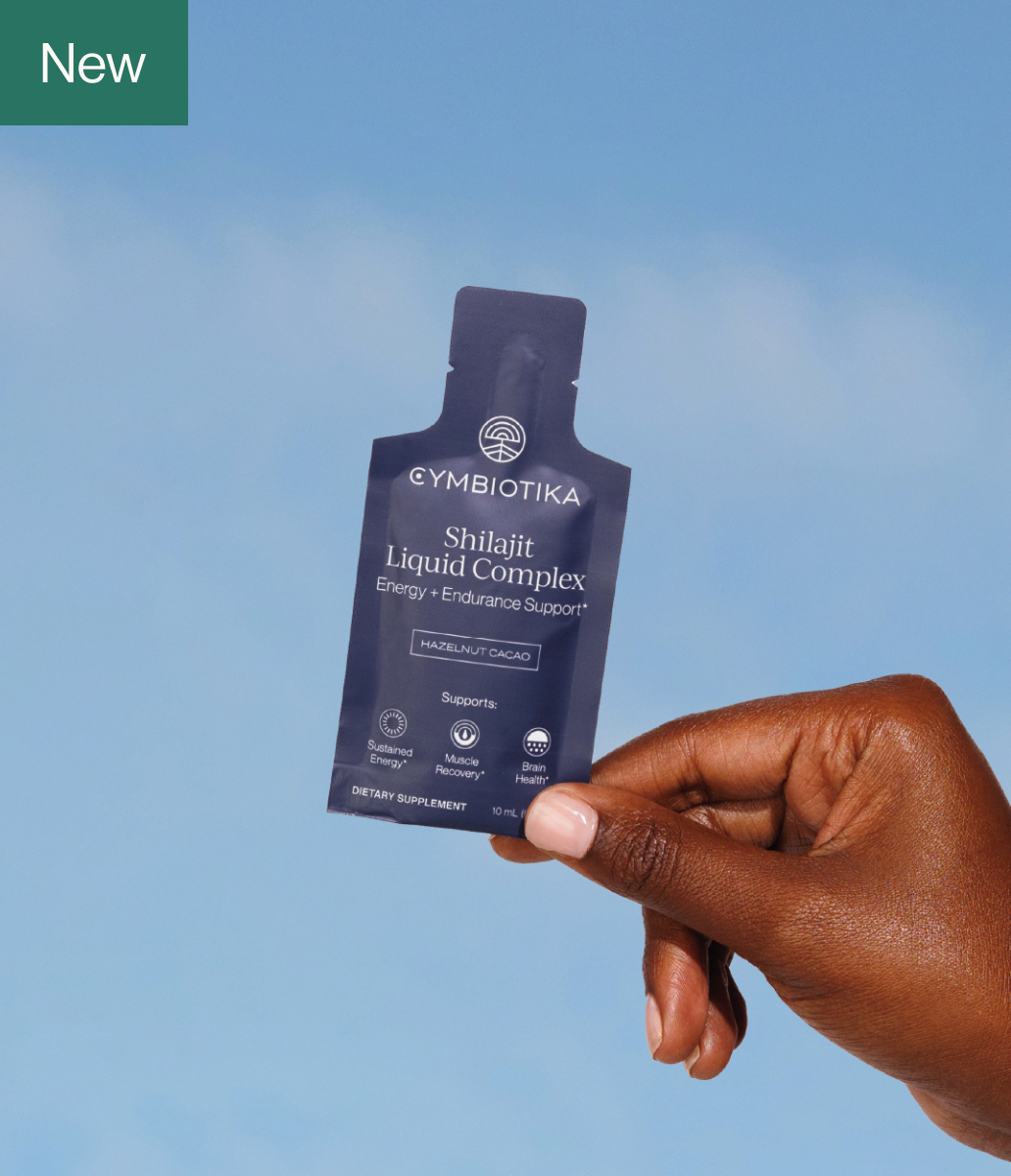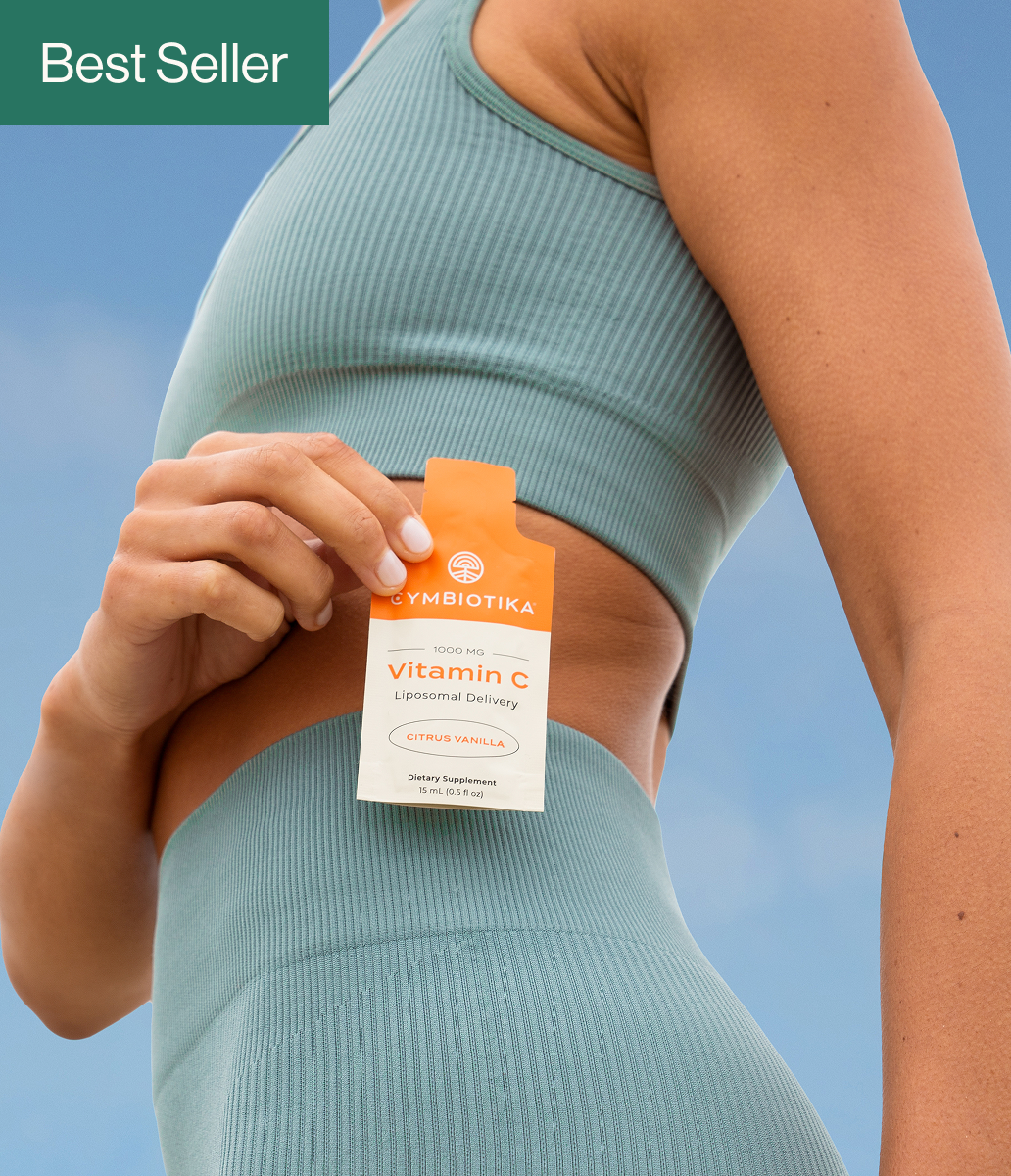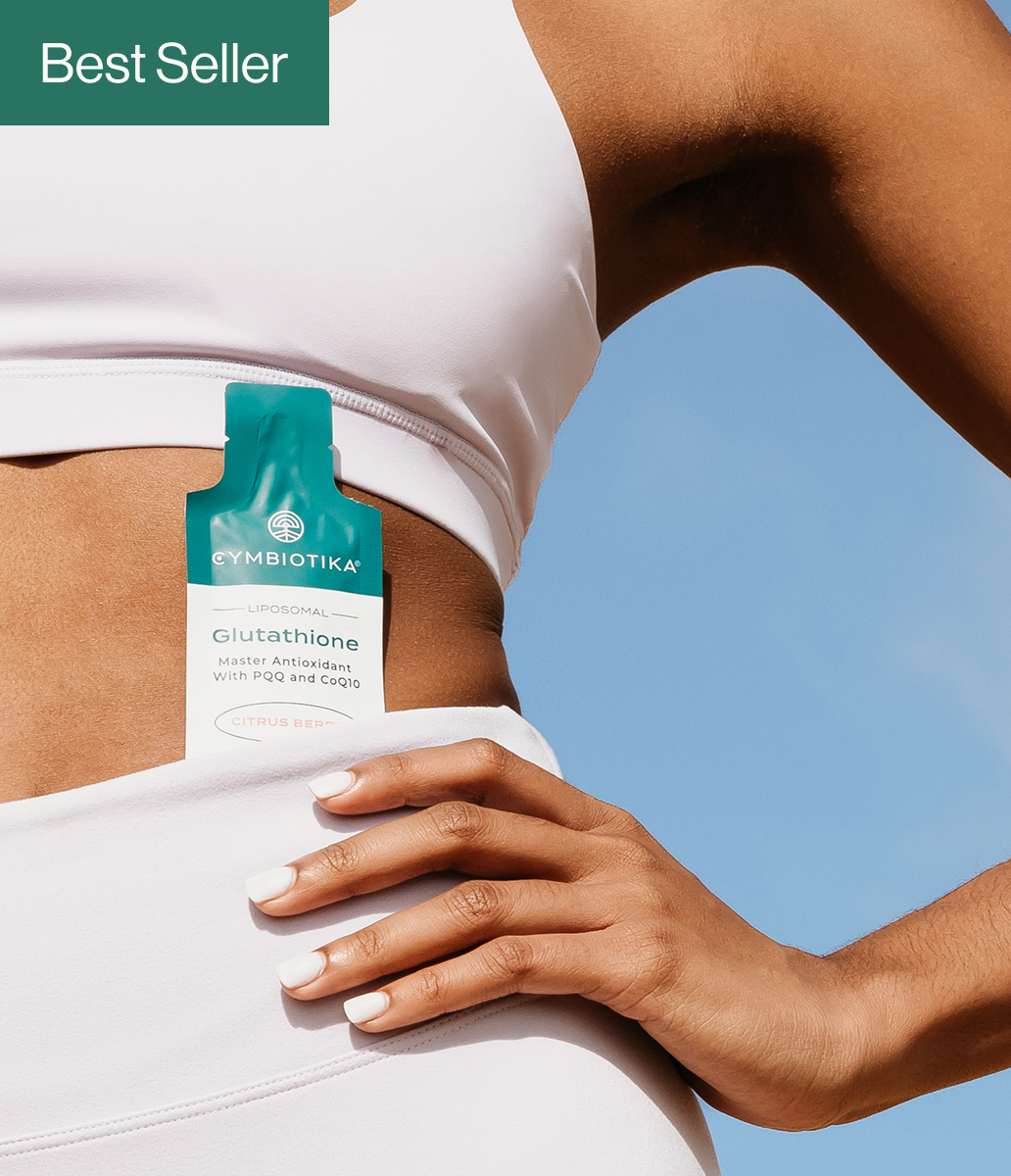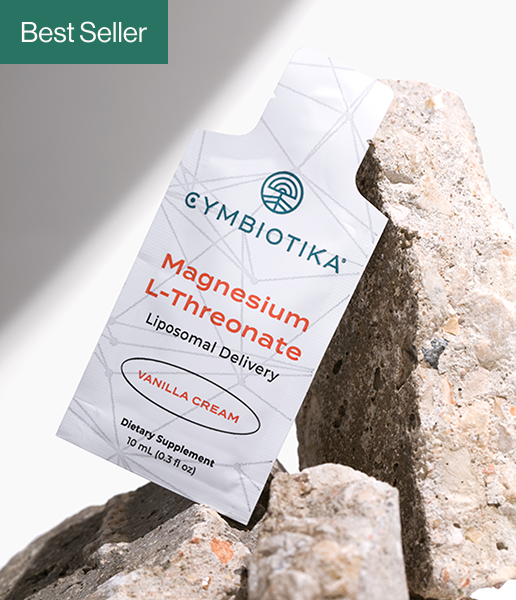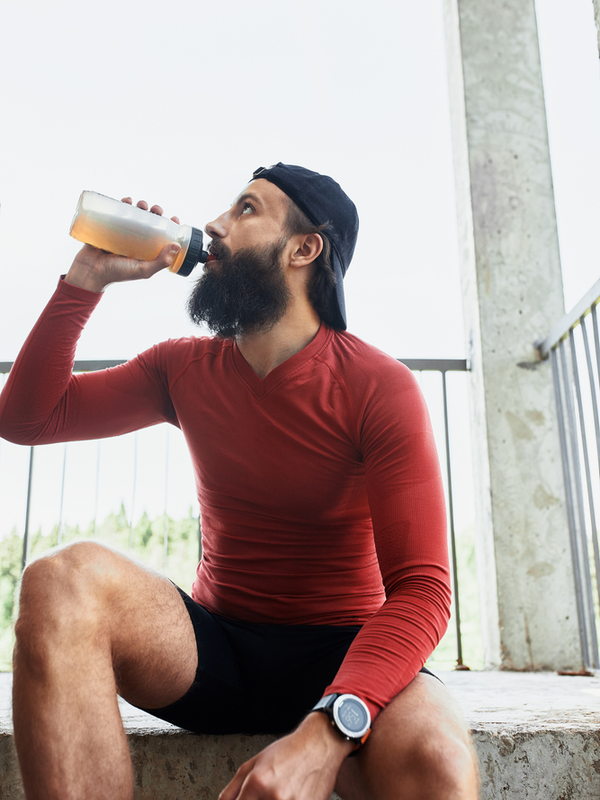
Vitamins and minerals are essential for healthy living across the board. This only becomes more true for athletes who overexert themselves regularly and require the wellness boost that vitamins provide.
What vitamins are good for muscle health? Whether you can derive these vital nutrients from the food source you eat or have to take additional supplements to cover everything you need, this list contains the best vitamins for athletes, and how to incorporate them into your daily intake with ease.
#1 B Vitamins
Why are the B vitamins especially important to an athlete? The B-complex vitamins are integral to energy metabolism, each playing a vital role in turning carbs, fats, and proteins into usable energy. And if there’s one thing every athlete needs, it’s energy.
Although most of the B vitamins add value to your daily routine, here are the three most important ones for anyone working hard, working out, and working to achieve their healthiest self:
These three powerhouse nutrients—and the rest of the B-complex vitamins—are all water-soluble, meaning your body regularly flushes them out with your urine instead of storing them for later.2 Your body doesn’t have a B-vitamin reserve to draw from when you begin exerting yourself, which is why daily B-vitamin supplements are so important for anyone with a deficiency.
This way, athletes can replenish this much-needed energy booster and reap the benefits of increased stamina and power.
Easiest ways to consume B vitamins:
#2 Vitamin C
This go-to supplement seems to be everyone’s favorite cold remedy. But did you know that it can help athletes maintain healthy tissues and cells?
Vitamin C is a potent antioxidant. You’ve likely heard this term thrown around before but often in relation to skincare and general wellness. How exactly does it help athletes?
- Oxidative damage protection – Antioxidants protect against free radicals, which lead to oxidative stress and damage, specifically interfering with our healthy functioning cells. Oxidative stress is a common side effect of prolonged sun exposure, smoking, and somewhat surprisingly, strenuous exercise. As vitamin C fends off the treacherous impacts of oxidative stress, it keeps our cells and tissues healthy, reducing the likelihood of connective tissue damage.4
- Immune system booster – The reason people reach for multivitamins and Emergen-C during cold and flu season is that vitamin C is practically famous for bolstering immune systems. Our immune system is intricately linked to our muscle regeneration5, meaning healthy immune functioning can improve recovery time between workouts.
Easiest ways to consume vitamin C:
#3 Vitamin D
Athletes training and competing in track and field, golf, baseball, and other outdoor sports are not likely to suffer from a vitamin D deficiency. However, the top-tier athletes that spend hours on end training indoors without consuming adequate amounts of dietary vitamin D are much more likely to experience the negative effects that come along with that.
Vitamin D deficiency can cause serious problems—on the flip side, that means that consuming vitamin D supplements can be seriously beneficial. Studies have shown that vitamin D plays an essential role in the following:
Easiest ways to consume vitamin D:
#4 Vitamin A
Most people associate vitamin A with vision. They’re certainly not wrong about that, but they might not have the full picture. Vitamin A is also imperative in maintaining healthy bones, tissues, cells, and the immune system.9
Much like with vitamin C, it can help improve recovery time after overexertion, both through its role in cellular growth and repair and because it’s another powerful antioxidant—not to mention the fact that everyone can benefit from this vitamin’s vision-boosting potential, athletes included.
Easiest ways to consume vitamin A:
#5 Coenzyme Q10
While not technically a vitamin, coenzyme Q10 (CoQ10) is often described as “vitamin-like” and has many of the same benefits to athletes. As far as we’re concerned, if it could help you reach your peak performance then it’s worth mentioning.
Here are a few of the potential benefits of CoQ10:
CoQ10 is said to be especially effective for endurance athletes, including marathon runners, long-distance triathletes, rowers, and boxers.
Easiest ways to consume coenzyme Q10:
Cymbiotika: Achieve Your Peak Performance
Vitamins and “vitamin-like” substances aren’t the only essential nutrients worth mentioning. For holistic support during both intensive workouts and post-exercise recovery, check out Cymbiotika’s full line-up of supplemental products like our Shilajit mineral resin which helps your body achieve its fullest potential..
With top-notch natural ingredients and advanced absorption technology, our athletic recovery bundle will be the much-needed companion to your most intense competitions, your well-deserved rest periods, and every day in between.
Sources:
- ReNue Pharmacy. Which Vitamin B Gives You Energy. https://renuerx.com/which-vitamin-b-gives-you-energy/
- StatPearls. Biochemistry, Water Soluble Vitamins. https://www.ncbi.nlm.nih.gov/books/NBK538510/
- Healthline. 15 Healthy Foods High in B Vitamins. https://www.healthline.com/nutrition/vitamin-b-foods
- PeaceHealth. Vitamin C for Sports & Fitness. https://www.peacehealth.org/medical-topics/id/hn-3898006
- Journal of Orthopaedic Translation. Skeletal muscle regeneration is modulated by inflammation. https://www.ncbi.nlm.nih.gov/pmc/articles/PMC5892385/
- OrthoInfo. Vitamin D for Good Bone Health. https://orthoinfo.aaos.org/en/staying-healthy/vitamin-d-for-good-bone-health/
- Sports Health. Sports Health Benefits of Vitamin D. https://www.ncbi.nlm.nih.gov/pmc/articles/PMC3497950/
- Healthline. 7 Healthy Foods That Are High in Vitamin D. https://www.healthline.com/nutrition/9-foods-high-in-vitamin-d
- Live Science. Vitamin A: Sources & Benefits. https://www.livescience.com/51975-vitamin-a.html
- InsideTracker. Can Coenzyme Q10 Boost Your Energy and Fight Aging? https://blog.insidetracker.com/can-coenzyme-q10-boost-your-energy-and-fight-aging
- Journal of the International Society of Sports Nutrition. Effects of acute and 14-day coenzyme Q10 supplementation on exercise performance in both trained and untrained individuals. https://www.ncbi.nlm.nih.gov/pmc/articles/PMC2315638/
- Muscle & Performance. Cozying Up to CoQ10. https://www.muscleandperformance.com/sports-nutrition/cozying-up-to-coq10/
- Journal of Pharmacy & BioAllied Sciences. Coenzyme Q10: The essential nutrient. https://www.healthline.com/nutrition/9-foods-high-in-vitamin-d
